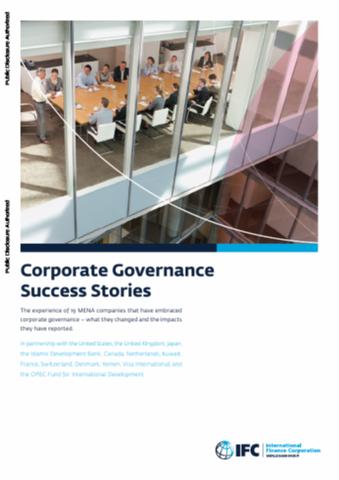The World Bank is a vital source of financial and technical assistance to developing countries around the world. We are not a bank in the ordinary sense but a unique partnership to reduce poverty and support development. The World Bank Group has two ambitious goals: End extreme poverty within a generation and boost shared prosperity.
- To end extreme poverty, the Bank's goal is to decrease the percentage of people living on less than $1.25 a day to no more than 3% by 2030.
- To promote shared prosperity, the goal is to promote income growth of the bottom 40% of the population in each country.
The World Bank Group comprises five institutions managed by their member countries.
The World Bank Group and Land: Working to protect the rights of existing land users and to help secure benefits for smallholder farmers
The World Bank (IBRD and IDA) interacts primarily with governments to increase agricultural productivity, strengthen land tenure policies and improve land governance. More than 90% of the World Bank’s agriculture portfolio focuses on the productivity and access to markets by small holder farmers. Ten percent of our projects focus on the governance of land tenure.
Similarly, investments by the International Finance Corporation (IFC), the World Bank Group’s private sector arm, including those in larger scale enterprises, overwhelmingly support smallholder farmers through improved access to finance, inputs and markets, and as direct suppliers. IFC invests in environmentally and socially sustainable private enterprises in all parts of the value chain (inputs such as irrigation and fertilizers, primary production, processing, transport and storage, traders, and risk management facilities including weather/crop insurance, warehouse financing, etc
For more information, visit the World Bank Group and land and food security (https://www.worldbank.org/en/topic/agriculture/brief/land-and-food-security1
Resources
Displaying 886 - 890 of 4907Investment Contracts for Agriculture
Private investment in agriculture in
developing countries, both domestic and foreign, has been on
the rise for nearly two decades. This paper focuses on
large-scale agricultural projects in developing countries,
involving the lease of farmland, which rose sharply after
the food crisis of 2008. It is important that such
investments are sustainable not only in the long term, but
also beneficial in the short term with minimal risks or
Ukraine Recovery and Peacebuiding Assessment
In mid-2014, the Government of Ukraine
(GoU) requested technical assistance and financial support
from the inter¬national community to assess and plan
priority recovery and peacebuilding efforts in the
conflict-affected regions of eastern Ukraine. Following
these requests, and within the framework of the 2008 Joint
Declaration on Post-Crisis Assessments and Recovery
Planning, the EU, UN, and WBG agreed to support the
Georgia Country Environmental Analysis
During the past decade, Georgia’s
pursuit of economic reforms led to impressive economic
growth, capital inflow, and investments. It helped improve
the business environment and infrastructure, strengthened
public finances, and liberalized trade. Georgia achieved
most of the human development targets of the Millennium
Development Goals (MDGs). This progress did not result,
however, in improved environmental governance or better
The Role of Trade in Ending Poverty
The expansion of international trade has
been essential to development and poverty reduction. Todays
economy is unquestionable global. Trade as a proportion of
global GDP has approximately doubled since 1975. Markets for
goods and services have become increasingly integrated
through a fall in trade barriers, with technology helping
drive trade costs lower. But trade is not an end in itself.
People measure the value of trade by the extent to which it
Corporate Governance Success Stories
This report summarizes the experiences of 19 companies from across the region. Each of the case studies highlights the key corporate governance changes made and the positive impacts that resulted, as reported by the company. The companies represent various countries, sectors, types, and sizes. All of the companies featured are former IFC Advisory Services clients. Some are IFC Investment clients as well. IFC conducted an in-depth corporate governance assessment for each of these companies using IFC’s Corporate Governance Methodology.







